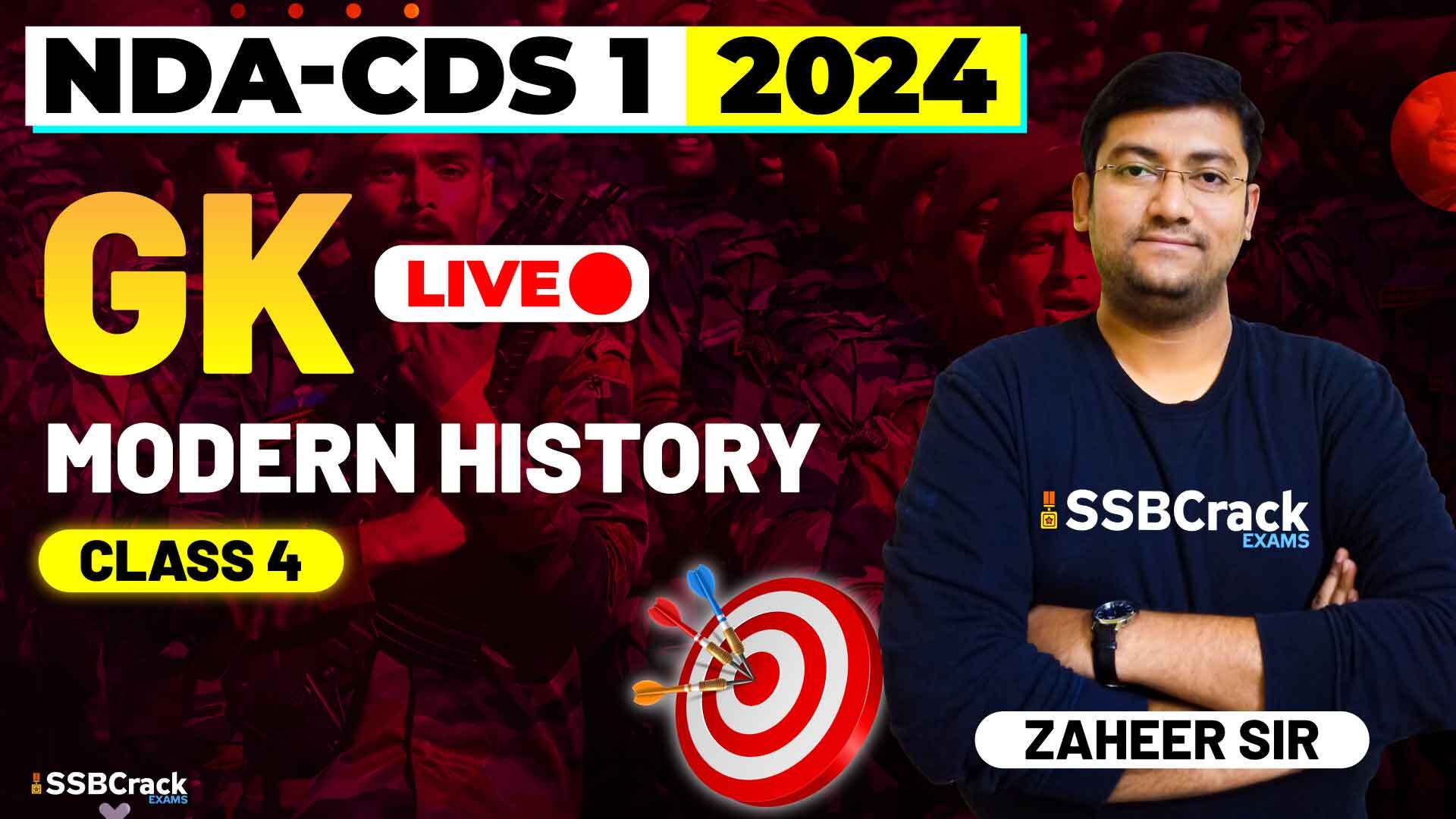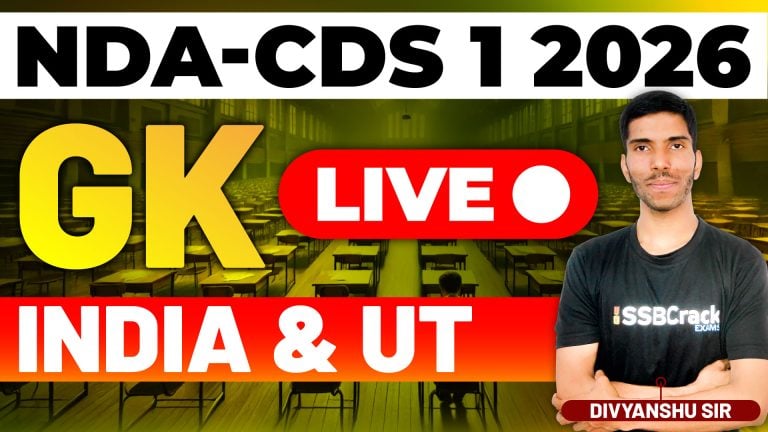In the pursuit of joining the esteemed National Defence Academy (NDA) or Combined Defence Services (CDS), aspirants often find themselves navigating through a vast sea of knowledge. Among the crucial subjects that demand attention, Modern Indian History stands tall as an indispensable pillar. The significance of understanding the Gandhian Era and India’s journey to independence cannot be overstated, as it forms the bedrock of strategic understanding and national consciousness for military officers.
Understanding the Gandhian Era: A Lesson in Leadership and Strategy
Mahatma Gandhi, the towering figure of India’s freedom movement, employed nonviolent resistance as a potent tool against British colonial rule. Delving into this era offers aspirants profound insights into leadership, strategic thinking, and the power of civil disobedience. Gandhi’s ideologies, such as Satyagraha and Ahimsa, not only catalyzed India’s struggle for independence but also left an indelible mark on the world stage.
By comprehending the nuances of the Gandhian approach, aspirants develop a deeper understanding of conflict resolution, negotiation tactics, and the art of mobilizing masses—an invaluable asset for future military leaders. Moreover, the lessons drawn from Gandhi’s strategies resonate beyond historical contexts, offering timeless principles applicable in diverse military and diplomatic scenarios.
Unraveling India’s Journey to Independence: Foundations of National Identity
The narrative of India’s independence is a saga of resilience, sacrifice, and unwavering determination. From the tumultuous events of the partition to the clarion call of “Quit India,” each chapter embodies the spirit of a nation striving for self-determination. For NDA and CDS aspirants, delving into this narrative is akin to unraveling the DNA of the nation—a profound exploration of its ethos, values, and aspirations.
By dissecting the intricacies of India’s struggle for independence, aspirants gain a panoramic view of historical forces, socio-political dynamics, and the interplay of personalities that shaped the course of history. This holistic understanding not only fosters a sense of national pride but also cultivates empathy, cultural sensitivity, and a heightened awareness of the complexities inherent in safeguarding a nation’s sovereignty.
MCQ Solving Session: Sharpening Analytical Skills for Exam Success
The inclusion of MCQ solving sessions adds a dynamic dimension to the learning process, fostering critical thinking and exam-oriented preparation. By engaging in rigorous practice, aspirants sharpen their analytical skills, enhance retention of key concepts, and familiarize themselves with the exam pattern—a quintessential aspect of exam preparedness.
Furthermore, MCQ solving sessions serve as a litmus test for aspirants, enabling them to gauge their proficiency, identify areas of improvement, and fine-tune their exam strategy accordingly. This iterative process of learning and assessment is instrumental in honing problem-solving abilities, time management skills, and overall exam temperament—cornerstones of success in competitive examinations like NDA and CDS.
Conclusion: Empowering Aspirants for Success
In essence, the Modern Indian History class, with its focus on the Gandhian Era and India’s journey to independence, serves as a catalyst for aspirants aiming to crack the NDA and CDS exams. Beyond mere academic pursuit, it fosters a holistic understanding of history, instills leadership qualities, and equips aspirants with the analytical acumen needed to excel in competitive examinations.
Aspirants who delve deep into the annals of India’s past emerge not only as academically proficient individuals but also as future guardians of the nation’s legacy. Armed with the wisdom of history and the spirit of resilience, they stand poised to embrace the challenges of the future and uphold the honor and integrity of the armed forces—the vanguards of our nation’s sovereignty.







